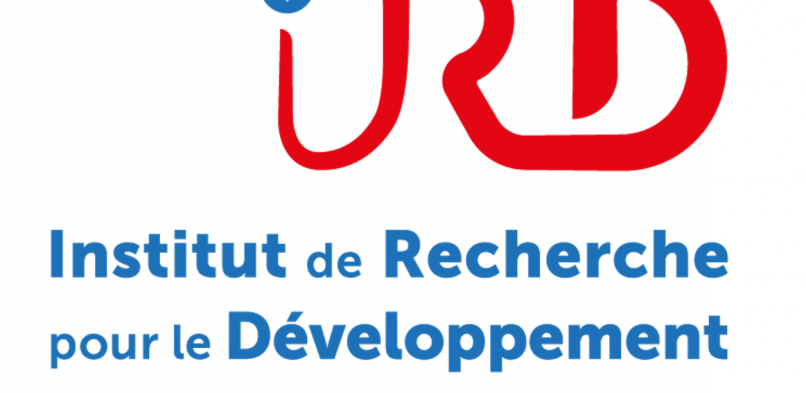The website of the French social and human sciences research laboratory, « UMR PALOC » – a laboratory that is affiliated to the French National Research Institute for Development (IRD), France’s National Museum of Natural History and Sorbonne University – has referred to the partnership that this laboratory and IRD representative in Morocco signed with the Council of Smara Province in «Morocco’s Atlantic Sahara ». The partnership is part of an archaeological research project taking place – according to the website – in « Morocco ». In reality, the project is located in Western Sahara. The UMR PALOC website referred to this partnership in its announcement of the publication of an article on 15 June 2020 in the journal Archeologia. Link : http://www.paloc.fr/fr/actualites/les-gravures-rupestres-de-laghchiwat-sahara-atlantique-maroc-6818
The website of the « IRD in Morocco » previously stated that this agreement was signed in 2018, covering a period of four years. The web page with this information was no longer available on 16 June 2020. See page 44-5 of this PDF 2 attachment: PDF 2-Recherche au Maroc _ Site Web IRD
On a page that is also now no longer accessible, the website of the « IRD in Morocco » previously stated that the IRD signed another research partnership about the Sebkha of Imlili area of interest for its biodiversity, described as located in « the Moroccan Sahara close to Dakhla ». The Sebkha of Imlili, however, is also located in Western Sahara. See p.19 of this pdf attachment: PDF 2-Recherche au Maroc _ Site Web IRD
See also the following link : https://www.ird.fr/la-sebkha-dimlili-une-oasis-de-biodiversite-dans-le-desert
See PDF 3-La Sebkha d’Imlili, une oasis de biodiversité dans le désert ! _ Site Web IRD
The research partnership concerning the Sebkha of Imlili involves the following IRD laboratories : UMR 226 / ISE-M, UMR 195 / LEMAR, UMR 022 / CBGP, UMR 151 / LPED, UMR 220 / GRED, UMR 248 / MARBEC
We are deeply concerned to learn that the IRD, which has previously supported a conference held in 2016 on Western Sahara at Paris Descartes University, and which has on two occasions supported the International Academic Observatory on Western Sahara (OUISO), appears to have « forgotten » that according to international law this territory is not part of the Moroccan national territory, that it is a territory with an ongoing conflict and therefore subject to international humanitarian law, and that the General Assembly of the United Nations, the African Union, the Court of Justice of the European Union, and national High Courts such as that of South Africa and the United Kingdom, have recognized that Western Sahara is occupied by Morocco.
By signing an agreement with a « Moroccan » institution located in occupied Western Sahara – the last African territory awaiting decolonization and recognized as a non self-governing territory by the United Nations) – and by taking up in its own official communications Morocco’s colonial terminology, despite the fact that no member of the international community recognizes Moroccan sovereignty over the territory, is the IRD not condoning an illegal occupation? Has the IRD become a mouthpiece for a colonial project, at the expense of the indigenous people living in this territory and living in exile?
It would seem that the IRD, and by association the ministry to which it is affiliated (France’s Ministry for Europe and Foreign Affairs), considers the development of France’s interests in Morocco to be a higher priority than respect for international humanitarian law, international conventions concerning the protection of the cultural and natural heritage of conflict zones (the violation of which is subject to penalties), and the dignity of the people of Western Sahara who have suffered 45 years of conflict, exile and occupation.
We request that the representatives of the IRD in Morocco provide us with a copy of the text of these research partnerships. The advisory board of OUISO will also write to the new Director General of the IRD and to the ethics board of the IRD and to the ethics board of the IRD asking for an explanation of these partnerships.
